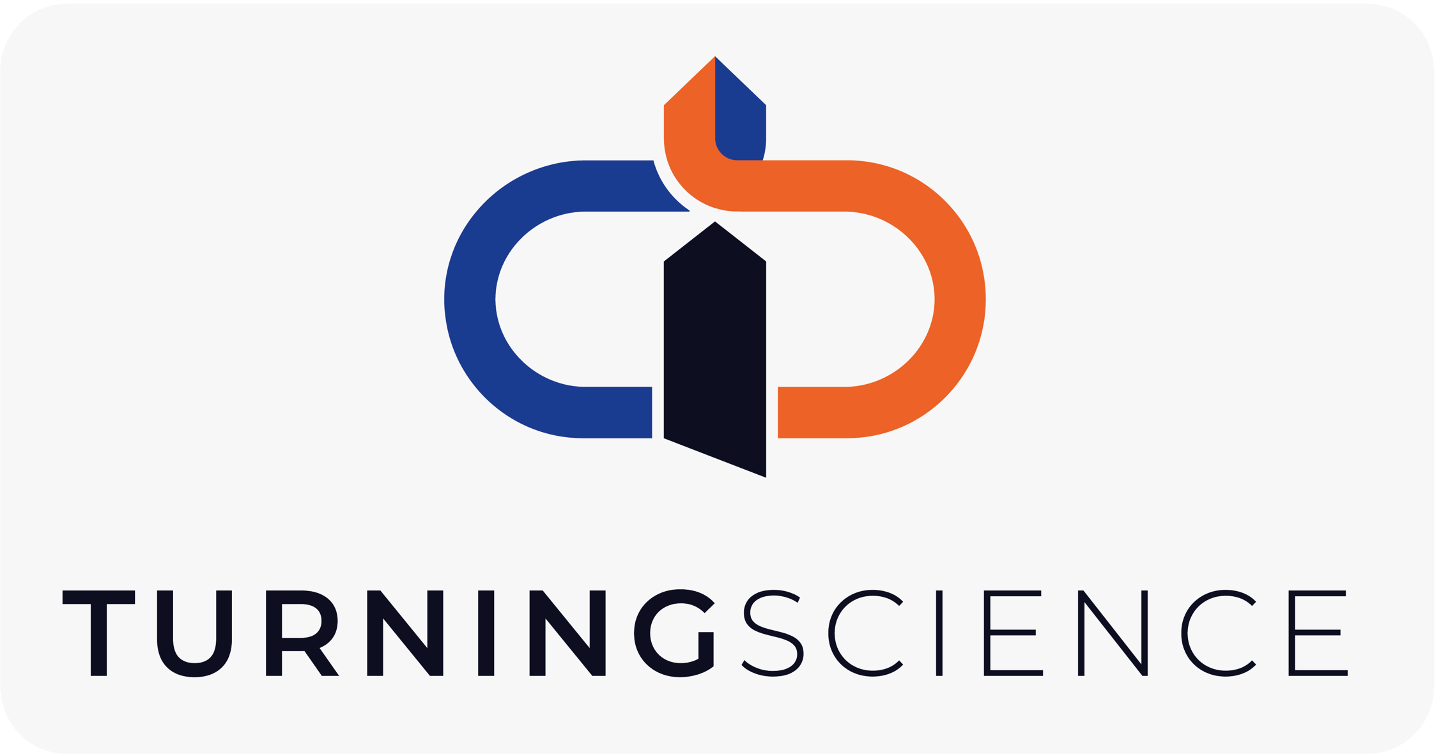How to make hard decisions quickly
(and avoid frustrating your boss!)
One of the things I still struggle with the most as a scientist working in industry is the fast pace of projects.
The problem isn't that I can’t work fast. Working fast really isn't much of a problem for me, and I generally think I'm pretty good at it.
The big challenge is having to make hard decisions quickly. I frequently have to make a decision or a recommendation when I simply don't know the right answer for sure.
I’d really really like to have more data before I decide.
But I don’t have that time, because it would take days or weeks or months, and my project and/or my customer and/or my manager need me to deliver results now.
“Hard decisions are only hard when you’re in the process of making them.”
Scientists look for certainty
As a scientist in academic research I learned to keep studying and collecting data and doing more analysis until I was certain. That worked for me.
It was ok if I waited until I was certain to publish my results or to defend my thesis. In fact, taking the time I needed to be certain was encouraged.
But business is different.
If your company is doing anything of value, you will have competition.
And you will have customers who want your product yesterday.
So you often don’t have the time to collect as much data as you’d like to have before making a decision or a recommendation.
Decisions with no ‘right’ answer
What’s more, in business, most decisions have no ‘right' answer. That means even an infinite amount of data will not give you certainty.
As scientists, we often struggle with the idea of decisions that have no right answer.
After all, that's the career we signed up for - tackling the mysteries of the universe with a laboratory and the scientific method to figure out how things work.
Our job in academic research is to find the ‘right’ answer, and we've learned that with enough data and analysis, we can deliver it.
But in industry we are taking those ‘right’ answers we learned in the lab and building a solution to a problem. And that problem brings in all kinds of things that are (currently) far too complex to be predicted such as the future plans of our customer, future economic conditions, and human behavior.
If you want to be successful in industry, you need to be capable of making fast decisions when there is no 'right' answer.
And that’s not easy.
“When an executive is looking for guidance, a scientist who refuses to give an estimate or commit to a number will really annoy them.
If you can’t provide them with information in a way that helps them make their decision, then why are you there?”
Frustrating our managers
When industry scientists resist making decisions, industry managers get frustrated. They need programs to move quickly, so they need us to decide quickly.
One of the biggest complaints I get from the industry managers I've interviewed is (paraphrased, but nearly always the same):
“I can’t get my PhDs to make decisions! They always want more data and more time to become more certain!”
Rewarding careers are not built on habits that frustrate out bosses. If we want to be successful in an organization, we need to learn how to decide quickly.
I can't tell you how to make your hard decisions
But I can give you a technique that helps me make hard decisions.
Learning from successful business people
I borrowed the technique from successful business executives that I have worked with.
I've found that successful businesspeople are much better at making hard decisions than most scientists I know. And I know why that is…
Most executives naturally approach hard decisions without any expectation that there is a ‘right’ answer.
They assume that there is no perfect solution, so they are willing to work with a good solution.
They've learned that the hard part of any project is the execution, because that's when the hypothetical problems they tried to predict when making the decision become the real problems that they and their team have to solve. And they've learned that they don't find the real problems until they make a decision and move forward.
They have learned that the quickest way to make progress is to start moving forward with a solution that looks promising so they can find out what works and what doesn't. Then they and their team do everything they can to turn that promising solution into a winning solution.
In other words, they start with a good decision and work to make it the ‘right’ decision.
The decision making technique I use
So, the technique that I use to make hard decisions is what I've learned from watching successful businesspeople.
When I am down to 2-3 options and I feel I've hit an inflection point, I just pick my favorite. I acknowledge that I'm never going to know for sure which is the ‘right’ answer, so I might as well take the one I like the best.
Then, I work hard to make my choice the ‘right’ decision.
It turns out that once you decide on a path forward, there is a lot you can do to make it successful. And rather than wasting time pretending you can accurately predict everything that might happen, you spend your time and energy working with what actually happens.
Struggling to decide?
Just make a decision…
…then work to make it the ‘right' decision.
I'm not saying that this is a recipe for success, I'm just saying that this is the best way forward. You won't ever know the best answer, so just start with a good one and see what you can do to make it work out. Maybe it won't work and you will have to change the plan. But you will never know unless you try something.
I suggest you try the technique the next time you have a hard decision to make.
I'm confident that, in time, you will decide it was the right decision.





